Microsoft word - refrigeration cycle
Refrigeration Cycle Heat flows in direction of decreasing temperature, i.e., from high-temperature to low temperature regions. The transfer of heat from a low-temperature to high-temperature requires a refrigerator and/or heat pump . Refrigerators and heat pumps are essentially the same device; they only differ in their objectives. The performance of refrigerators and heat pumps is expr

 CMI Metaphase
CMI Metaphase 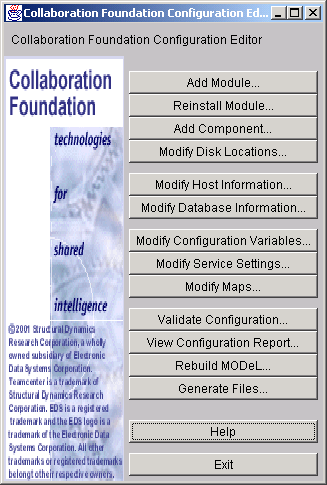
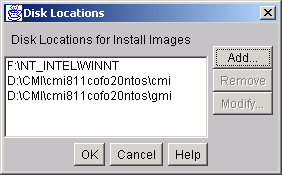 Choose your desired operating system mnemonic (Please refer to the mnemonics in chapter “Loading the Software from CD-ROM” on page 7). The mnemonic “nt_os” will be chosen as an example for the following steps.
Copy the server information files from the CD-ROM CCS directories to your installation location:
The Teamcenter Enterprise License Manager is running
Then source pdmsetup in $MTI_ROOT\config and start cfgedit or cfgedit2 in $MTI_ROOT\install
CCS Installation & Administration Guide
Choose your desired operating system mnemonic (Please refer to the mnemonics in chapter “Loading the Software from CD-ROM” on page 7). The mnemonic “nt_os” will be chosen as an example for the following steps.
Copy the server information files from the CD-ROM CCS directories to your installation location:
The Teamcenter Enterprise License Manager is running
Then source pdmsetup in $MTI_ROOT\config and start cfgedit or cfgedit2 in $MTI_ROOT\install
CCS Installation & Administration Guide
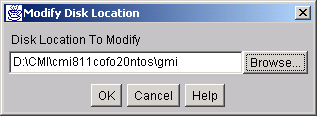
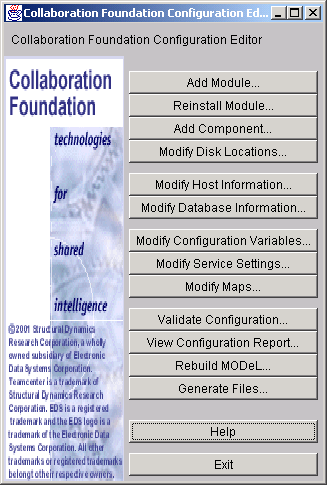 Modifications in configuration file
Modifications in configuration file 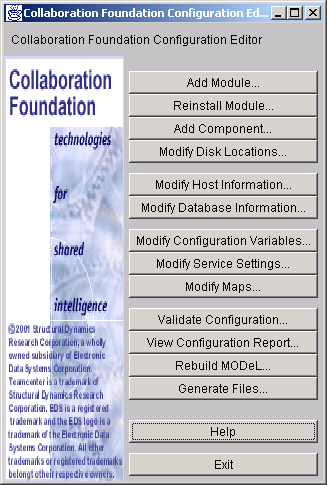
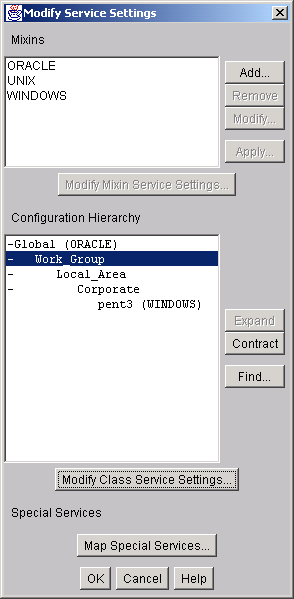 CCS Installation & Administration Guide
CCS Installation & Administration Guide
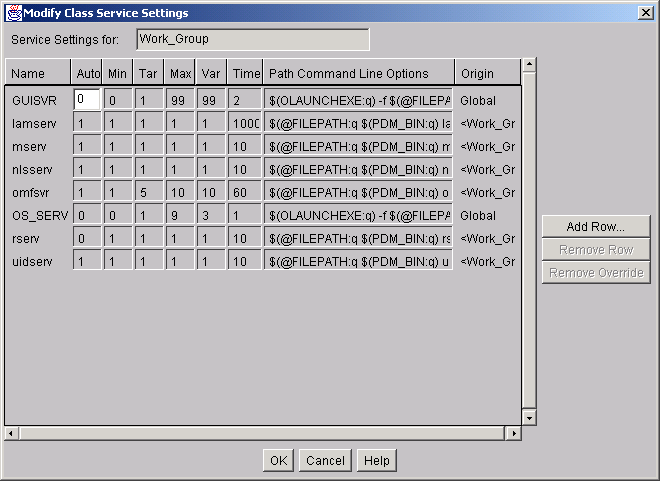 Add the Servise Settings for the CCS-server similar to the CMI-server and
The following configuration will be added automatically by the installation script:
insert service.cfg host = {hosts_ccs}
Add the Servise Settings for the CCS-server similar to the CMI-server and
The following configuration will be added automatically by the installation script:
insert service.cfg host = {hosts_ccs}